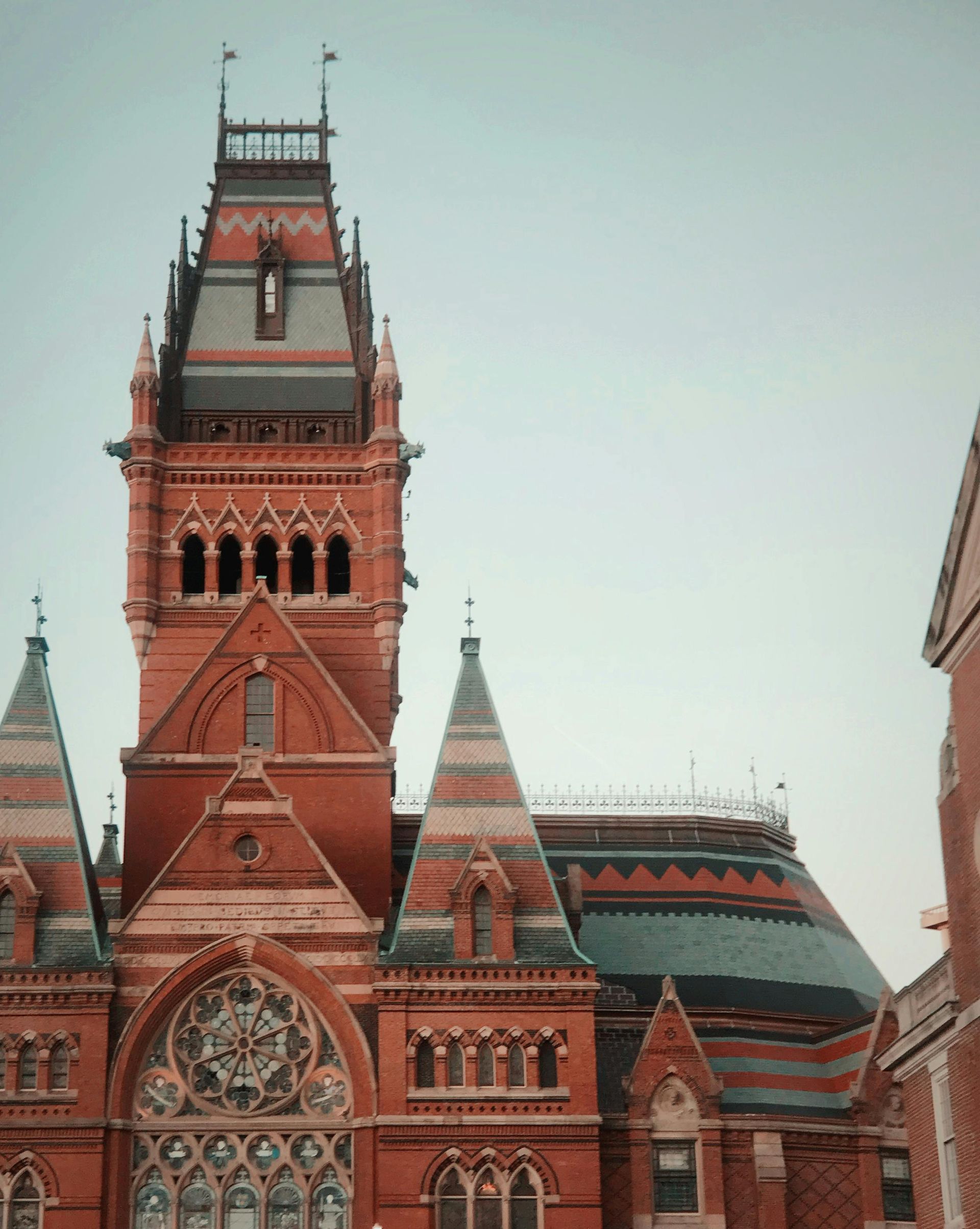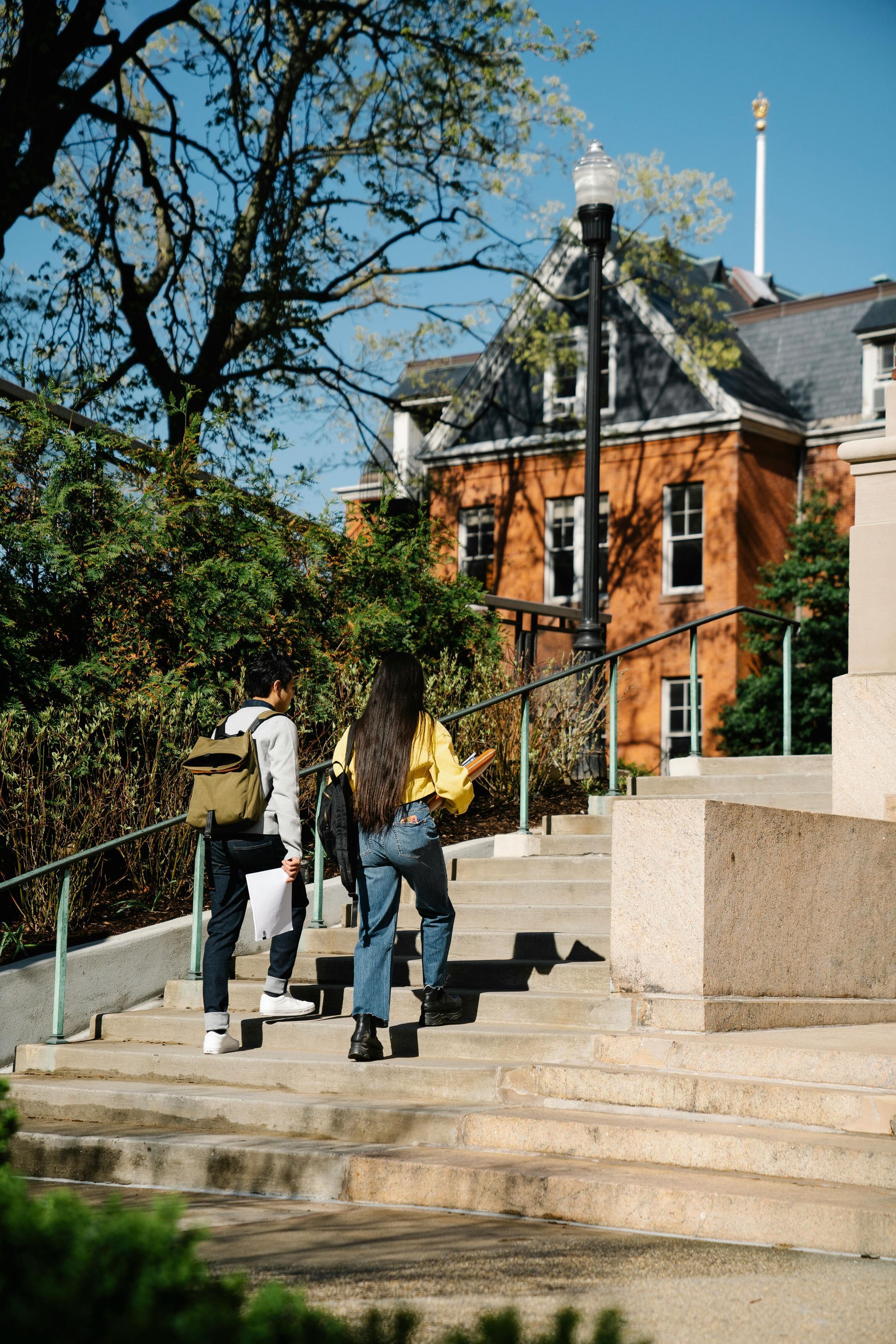Should We Teach to Empower Students or to Keep Them as “Sacred Victims”?
A black professor argues that “anti-racist” instruction is counterproductive.

By George Leef
The James G. Martin Center
February 2, 2024
Among the many destructive ideas that “progressive” thinking has unleashed on education in America is that it’s unfair to hold students from “underrepresented groups” to the same standards as others. Schools and colleges should “help” minority students succeed by lowering expectations for them—somehow atoning for wrongs done to their ancestors in the distant past. That is how Claudine Gay wound up as president of Harvard.
The notion that academic standards should be lower for minority students has swept through our educational institutions, but there are some dissenters who argue that this doesn’t help but hurts. One of them is Professor Erec Smith of York College. He teaches rhetoric and composition and has written a book challenging the belief that minority (especially black) students are somehow harmed by teaching them to use standard English. Smith argues in his book, A Critique of Anti-Racism in Rhetoric and Composition, that standard English empowers those students by giving them another tool to accomplish their objectives.
Much as woke professors want to stamp out racism, they’re going about it the wrong way.
As Smith sees things, professors in his field, eager to display their “anti-racist” zeal, have adopted the trendy idea that “whiteness” is the enemy of progress for blacks. They’re passionate and sincere, but they have allowed their emotions to trample over reason in evaluating the pros and cons of their pedagogy. Smith writes that “feelings and opinions have replaced critical thinking in attempts to decenter whiteness and challenge hegemonic forces in academia.” Much as those professors want to stamp out racism, they’re going about it the wrong way.
That way entails an exclusive focus on the racial identity of students. Black students are assumed to be victims of white, racist social forces against which they are helpless. Therefore, they must band together in group solidarity to be empowered against “whiteness.” The trouble with that, Smith shows, is that it actually disempowers them. It leads to fallacious interpretations of texts and situations (seeing racism everywhere) and an inability to communicate and persuade. Instead of enabling black students to succeed, it infantilizes them. They’re trapped in an identity of victimhood, always looking for excuses and villains.
As an example of a black intellectual who did not play the victim/identity game, Smith points to a surprising case—W.E.B. DuBois. DuBois is regarded as a great, early opponent of America’s power structure in the 19th century. Nevertheless, as a student at Harvard he sensibly avoided falling into the identity trap and feeling sorry for himself after receiving a bad grade on an English assignment. He was initially upset but then realized that the bad grade was not aimed at him (poor writing was widespread among the overwhelmingly white student body) and that if he wanted to be able to communicate with maximum effectiveness in the future, he should take the criticism to heart. He did so and later signed up to take the most demanding English courses he could.
Smith extols the “Duboisian Attitude” for all students. It welcomes intellectual inquiry, debate, and counterclaims; it never allows them to retreat into the victim narrative.
Contrast the attitude of DuBois with that of contemporary black scholar Vershawn Young, who claims that black students suffer “tyranny and oppression” if they are taught standard English. Smith argues that learning to master a new but closely related language is not at all oppressive. In refusing to see that such mastery is beneficial, academics like Young show an “allergy” to the real world.
Many academics would rather have their minority students wallow in victimhood.
Smith supports his case by citing the similar linguistic division in Spain. Do students from Catalonia, which has a dialect quite distinct from standard Spanish, feel that they are “losing their identity” when they learn Spanish? Studies indicate that they don’t suffer at all but understand that being able to speak and write standard Spanish gives them a useful tool they wouldn’t have otherwise had.
In Smith’s opinion, professors need to meet black students (and others) “where they are” with regard to their command of English, then proceed to expand their knowledge. That’s how to empower them. Unfortunately, many academics would rather have their minority students wallow in victimhood, which has become, Smith observes, “a kind of social capital.” That won’t benefit the students, although it does seem to benefit the faculty who promote this view. Having low standards for student writing can make them popular, and writing articles on how they are working to dismantle white hegemony gets them attention.
What are “anti-racist” courses like? One academic who has written about his approach is Professor Asao Inoue, who claims that individualism is an undesirable aspect of “whiteness.” In his courses, students are not graded down for failing to write in standard English. Instead, he has implemented a “labor based” grading system in which students are graded on the basis of the amount of effort they claim to have put in on an assignment. No more red ink for “errors” since students are entitled to “their own language.”
But what does that accomplish? Smith suggests that “labor based” grading means “nothing exists to master, nothing exists to be taught.” Students will probably be happy with their high grades (unless they’re like W.E.B. Dubois), and Professor Inoue will be happy in the thought that he has struck a blow against that horror called “whiteness,” but he is really just pushing his own agenda at the expense of student achievement.
If composition should be graded on “labor,” why not treat other subjects the same way? And if it’s “white hegemony” to teach standard English in composition, how about other fields where “white” standards hold? Consider classical music and opera, where performers, no matter their race or ethnicity, need to learn how to play and sing in certain ways if they are to advance in their careers. It was not giving in to “whiteness” for, say, Andre Watts and Jessye Norman to learn their art so they could reach the heights. Fortunately, they didn’t have instructors who told them to focus on their identities instead of acquiring the skills needed to succeed.
Black progress lies in abandoning interventionist governmental policies rather than in making classrooms “anti-racist.”
Throughout the book, Smith shows his understanding of the mindset of professors who want to put “anti-racism” before having students master the subject. They see themselves as “sacred victims” of an unjust society. As such, they cannot be questioned or criticized. When they write about their “lived experiences,” those writings must be taken as incontestable evidence of social problems. Any expressions of doubt must be rooted in racism.
That outlook will not help to overcome real problems. In fact, Smith observes, it might be the case that the professors who revel in their “anti-racism” would rather have “white hegemony” and similar constructs to complain about than to take constructive steps to improve conditions for minority Americans. Although Smith doesn’t make this point, I’ll suggest that this is the reason why freedom-minded black scholars like Thomas Sowell and Glenn Loury are treated as pariahs by leftist intellectuals. They won’t entertain the idea that the key to black progress lies in abandoning interventionist governmental policies rather than in making classrooms “anti-racist.”
What all the “anti-racist” academic initiatives do is to entrench the victim mentality and distract attention away from changes that would actually lead to progress. They make “academia less academic” Smith says—and that is not only true in composition and rhetoric but across a growing swath of higher education.
Smith concludes by saying that he hopes to start dialogue in his field. I would like to see that happen but doubt that it will. The opponents of high standards in composition (and other fields) have too much invested in their supposedly “anti-racist” approaches to listen to a critic like Erec Smith. He’s already been labeled a race traitor, which doesn’t bode well.
George Leef is director of external relations at the James G. Martin Center for Academic Renewal.
Should We Teach to Empower Students or to Keep Them as “Sacred Victims”? — The James G. Martin Center for Academic Renewal (jamesgmartin.center)



